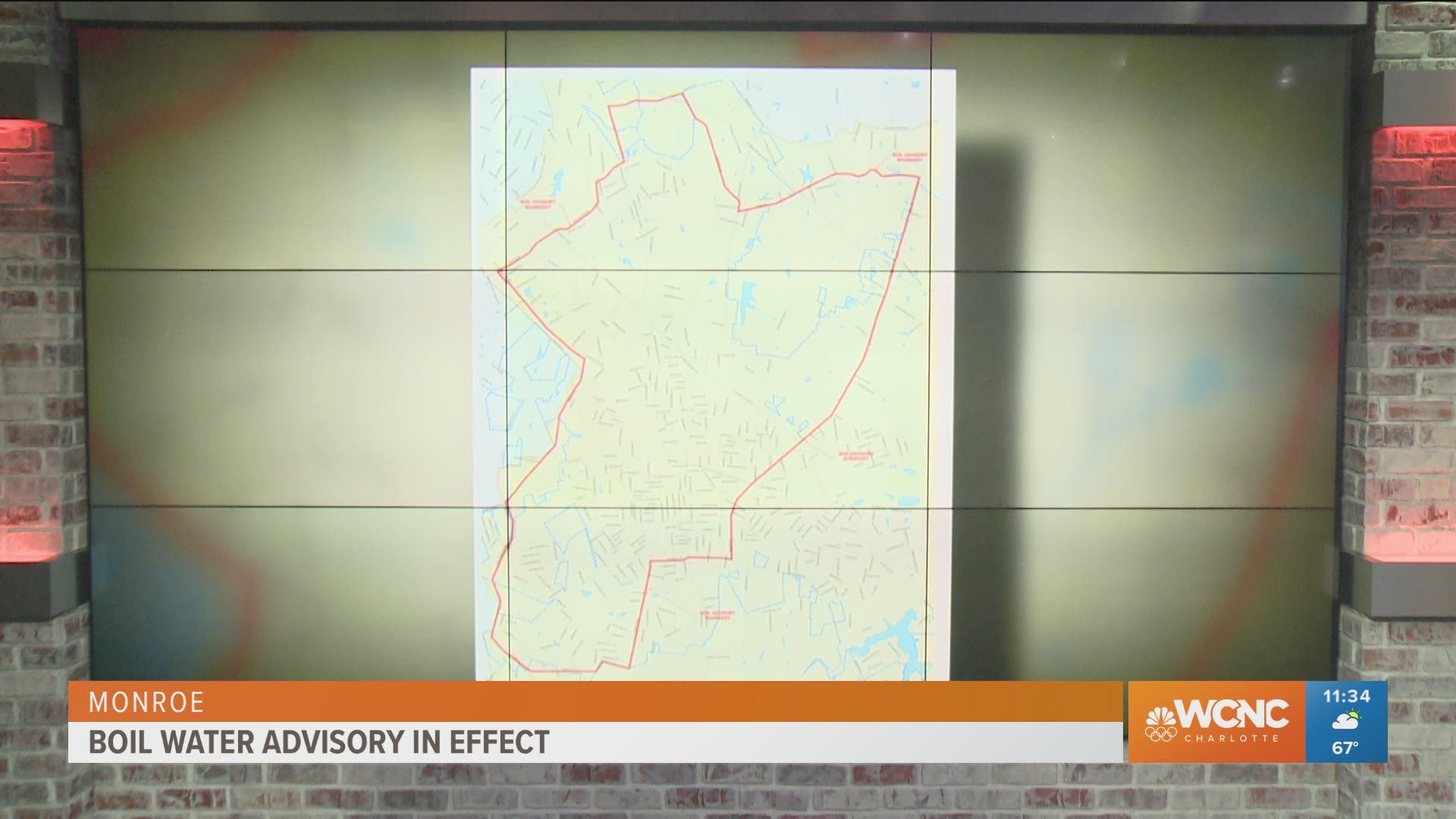Good news for most Monroe County residents! The boil water advisory issued on August 17, 2024, due to high turbidity at the Bloomington water treatment plant has been largely lifted as of 9:00 AM on August 19, 2024. However, the advisory remains in effect for approximately 207 homes in Gentry Estates. This article provides a comprehensive update on the situation, including what caused the initial county-wide advisory and important information for residents still affected.
Advisory Update: Back to Normal for Most
The boil water advisory that disrupted routines across Monroe County is now over for the majority of residents. As of August 19, 2024, most residents can safely return to using tap water without boiling.
Gentry Estates: Advisory Still in Effect
While most of the county can breathe a sigh of relief, the advisory remains in place for roughly 207 homes in Gentry Estates. We understand this is frustrating and are actively investigating the cause.
What Caused the Advisory?
High turbidity, or cloudiness, at the City of Bloomington Utilities (CBU) water treatment plant triggered the advisory. While some turbidity is normal, excessive levels can potentially harbor harmful microorganisms. As a precaution, the Indiana Department of Environmental Management (IDEM) issued the county-wide advisory.
Information for Gentry Estates Residents
If you live in Gentry Estates, continue to boil water for two minutes before drinking, cooking, or any other consumptive use. Other uses, such as showering and dishwashing, are likely safe, but caution is advised. To confirm your advisory status, visit bloomington.in.gov/utilities or call 812-339-1444.
Why Gentry Estates? Ongoing Investigation
We are working diligently to determine why the advisory is still in effect for Gentry Estates. We are investigating potential localized issues, such as problems with the pipes in that area, and will provide updates as more information becomes available.
Lessons Learned and Future Steps
This incident underscores the importance of robust water infrastructure. We will be exploring what steps CBU is taking to prevent future incidents and how residents can be better prepared. We are committed to keeping you informed and ensuring confidence in your water supply.
Showering Safely During a Boil Water Advisory
A boil water advisory raises many questions, including whether it’s safe to shower. The answer is generally yes, but precautions are necessary. The main risk isn’t absorbing water through your skin, but accidentally ingesting it.
Expert-Recommended Showering Precautions:
- Minimize Exposure: Keep showers short and use lower water pressure to reduce splashing.
- Protect Openings: Avoid getting water in your eyes, nose, and mouth.
- Supervise Children: Young children require close supervision to prevent them from drinking the water.
- Special Considerations: If you have open wounds, cover them with waterproof bandages. Use boiled or bottled water for washing your face. Bathe infants and young children with boiled or bottled water.
For further information on staying safe during a boil water advisory, consult your local public health officials and resources like the Houston Methodist advisory.
Don’t forget your stylish blood moon tassets while you’re staying safe and informed!
Accidentally Drank Tap Water During a Boil Water Advisory?
Accidentally drinking tap water during a boil water advisory is generally not a cause for panic, particularly for healthy adults. However, it’s best to monitor for symptoms and continue following the advisory.
What to Expect:
- Most People Are Fine: Most accidental ingestions do not result in illness.
- Potential Symptoms: Some may experience mild gastrointestinal discomfort, similar to mild food poisoning.
- Vulnerable Groups: Infants, young children, the elderly, and those with weakened immune systems may be more susceptible to illness.
What to Do:
- Stay Hydrated: Drink plenty of boiled or bottled water, clear broths, or electrolyte drinks.
- Probiotics: Consider adding probiotics to your diet to support gut health.
- Monitor for Symptoms: Seek medical attention if symptoms are severe or persistent.
- Continue Following the Advisory: Boil all drinking water until the advisory is lifted.
Remember, continued adherence to the boil water advisory is crucial, even after an accidental sip.
How to Know if You’re Under a Boil Water Advisory
Staying informed during a potential water emergency is critical. Here’s how to determine if you’re affected by a boil water advisory:
Reliable Sources:
- Local Water Utility: Check their website and social media for alerts.
- Health Department: Look for announcements on their website and in local media.
- Government Websites: Consult your city or county government’s website.
- Interactive Maps: Some utilities offer online maps showing affected areas.
- News Outlets: Local media will broadcast and publish updates.
- Alert Systems: Sign up for community and emergency alert notifications.
Understanding Advisories:
- Boil Water Advisory: Boiling water for one minute kills most harmful bacteria.
- Do Not Drink Advisory: This is a more serious advisory, indicating boiling may not be sufficient.
Post-Advisory Steps:
Once the advisory is lifted:
- Flush Your System: Run cold water taps for several minutes.
- Replace Filters: Change any water filters used during the advisory.
- Clean Ice Makers: Discard existing ice and clean your ice maker.
By staying informed and taking appropriate precautions, you can protect your health during a boil water advisory.
- Unlocking 2-Letter Words with U: The Definitive Guide - April 4, 2025
- Unlock Words with the Letters THREE: Top Unscramble Tools 2025 - April 4, 2025
- Master Scrabble: X & Z Words for High Scores - April 4, 2025
















